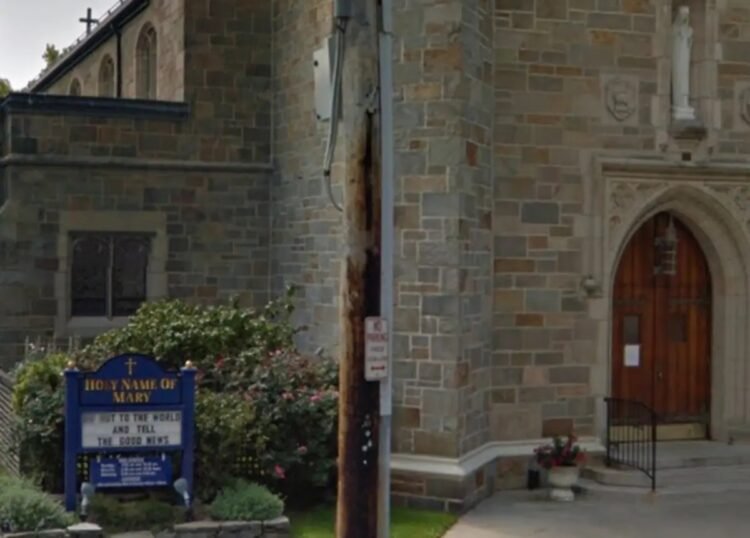NEW ORLEANS — In one of the largest clergy abuse settlements in U.S. history, the Archdiocese of New Orleans has agreed to pay $179.2 million to victims of sexual abuse committed by Catholic clergy, according to an announcement made Wednesday by the committee overseeing the negotiations.
The settlement, part of a broader bankruptcy reorganization plan, would place funds into a trust that will be distributed to over 500 survivors once the Archdiocese exits bankruptcy. The payout will come from the Archdiocese itself, its parishes, and several insurance carriers.
But the deal has already sparked strong backlash from many survivors and their legal representatives, who say they were excluded from the decision-making process and plan to vote against the agreement.
“This proposed settlement was made in a secret backroom deal that the Archdiocese, the creditors committees and the mediators knew the overwhelming majority of victim-survivors would never agree to,” attorneys Soren Gisleson, Johnny Denenea, and Richard Trahant said in a joint statement. “It makes no sense and is a continuation of the lifetime of abuse the Archdiocese has inflicted on these folks.”
A Deeply Divided Response
The lawsuit, originally filed in 2020, has unearthed thousands of pages of internal church documents — revealing a systemic pattern of abuse and decades-long coverups in which accused clergy were quietly moved between parishes without ever being reported to law enforcement.
One survivor, Aaron Hebert, who says he was abused in the 1960s as an eighth-grader, called the deal “an insult and a slap to the face.”
“The Archdiocese and Archbishop [Gregory] Aymond are using this offer to block survivors from pursuing justice in state courts,” Hebert said.
In contrast, Archbishop Aymond framed the agreement as a crucial step toward healing.
“I am grateful to God for all who have worked to reach this agreement and that we may look to the future towards a path to healing for survivors and for our local church,” Aymond said in a written statement.
Promises of Reform — But Skepticism Remains
According to the committee, the settlement includes not just monetary compensation but also “unprecedented provisions” to prevent future abuse. These include the implementation of a Survivors’ Bill of Rights and a revised process for handling abuse allegations within the Archdiocese.
Yet critics argue that no amount of reform can compensate for the trauma and the years of institutional silence and obstruction.
The deal still requires approval by the survivors, as well as sign-off from the bankruptcy court and other Archdiocese creditors. For many survivors, the coming vote represents a final opportunity to demand transparency and true accountability from an institution they say has failed them time and again.

 English
English



























































